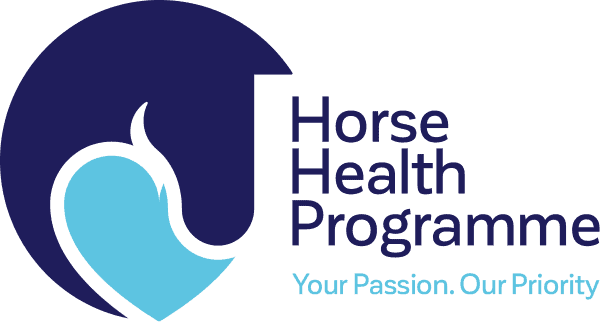Worming
Risk Assessment for Parasite Control in Horses
Download Worm Risk Assessment Form Worming advice is changing. This is because, just like antibiotics, worms are developing resistance to the drugs that we use to kill them. This is being fuelled by the routine and over use of wormers. A worm risk assessment, together with regular worm egg counts and tapeworm saliva tests, is […]
Worming: Worming in autumn/winter
As part of our Horse Health Programme (HHP), we are keen to help you protect your horse against worms. The best way to keep horses safe, now and in the future, is to practice targeted worming using diagnostic tests and risk assessments to determine if you need to worm your horse. We can use faecal […]
Worming: How to take a faecal worm egg count
Collect the dung sample whilst it is still warm using a glove and place into a container or clea...
Worming: Top Tips For Worm Control
Effective worm control relies on the correct and responsible use of wormers by using a diagnostic-led and targeted worming programme, combined with good pasture management. Use faecal worm egg cou...
Worming: Worming Programmes
A diagnostic-led, targeted worming programme and only worming your horse when necessary is better for your horse and reduces the risk of resistance to the ingredients used in wormers. A basic targete...
Worming: Reducing Resistance to Wormers
Reducing Resistance to Wormers Resistance occurs when a selected wormer no longer effectively controls the worm population and it is an increasingly common problem to all wormers. Once resistance h...


